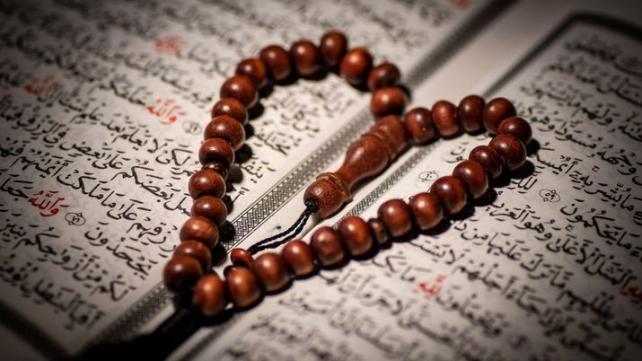
Cultivating Gratitude through Dhikr
By Umm Ahmed
Abu Dhabi, UAE
In our daily lives, we navigate through a myriad of positive and challenging experiences, all while receiving countless blessings from Allah. Most scholars also affirm that the essence of thankfulness towards Allah finds its truest expression through a combination of intentions, words, and actions.
By articulating our gratitude, we invite an abundance of blessings from Allah, fostering an ever-deepening awareness of His gifts. This happens so, because as we tread the path of gratitude, our consciousness expands, unveiling the multitude of reasons we have to be thankful to Allah. This reciprocal cycle of expressing gratitude culminating in increased blessings is beautifully encapsulated in the Qur’anic verse:
"And [remember] when your Lord proclaimed, ‘If you are grateful, I will certainly give you more. But if you are ungrateful, surely My punishment is severe.’”
(Surah Ra'ad, 14:7)
Therefore, it is only fitting to express gratitude for all aspects of our existence.
Towards Understanding Gratitude of Allah
Gratitude, in essence, comprises of three integral components:
- Humbling our hearts in gratitude to Allah
- Acknowledging His favors and praising Him through our words
- Demonstrating gratitude by utilizing our bodies and other blessings to obey Him
Dhikr , or the remembrance of Allah, is not merely an utterance on the tongue but a profound sentiment interpreted by the heart. And, as believers, seeking assistance from Allah in our remembrance is crucial. Put simply, engaging in dhikr gradually immerses our hearts in its essence, influencing our entire being to align with actions pleasing to Allah and refraining from those actions that may lead us to experience disappointment or earn His displeasure. It creates a ripple effect, as consciousness of blessings deepens gratitude.
Narrated Anas Ibn Malik, once Prophet Muhammad, peace and blessings be upon him, passed by a tree with dry leaves, so he struck it with his staff, making the leaves fall. Then he said:
“Indeed, ‘all praise is due to Allah, (Al-Ḥamdulillāhh)’ ‘glory to Allah, (Subḥān Allāh)’ ‘none has the right to be worshipped by Allah, (Lā Ilāha Illallāh)’ and ‘Allah is the greatest (Allāhu Akbar)’ cause the sins to fall from the worshipper, just as the leaves of this tree fall.”
(Jami at-Tirmidhi)
These, in fact, are some of the adhkar or forms of remembrance, which are noteworthy for expressing gratitude to Allah in its broadest sense without specifying a particular blessing. Furthermore, this narration also underscores the affirmation of Allah's Oneness and reminds us that all blessings emanate solely from Him, without any partners or associates. Allah is the exclusive source of our blessings , all praise and glory be to Him.
In summary, it is crucial to recognize that the depth of our gratitude and connection with Allah is not determined by the quantity but rather by the sincerity and beauty infused into our remembrance. Striving to engage in the remembrance of Allah with genuine sincerity, irrespective of the quantity, enables us to foster a profound sense of gratitude and a stronger bond with Him.
Allahumma a’inni ‘ala dhikrika wa shukrika wa husni ibaadatik.
Oh Allah, assist me in remembering You, and being grateful to You and worshiping you in a beautiful manner.
Ameen!
(Umm Ahmed is an early childhood educator and mother of three boys. Always on the quest to learn, she is passionate about seeking knowledge and passing it on to others. A writer in the making, she draws inspiration through deep conversations, laws of nature, and her own children. She and her family are currently living in Abu Dhabi, UAE.)

